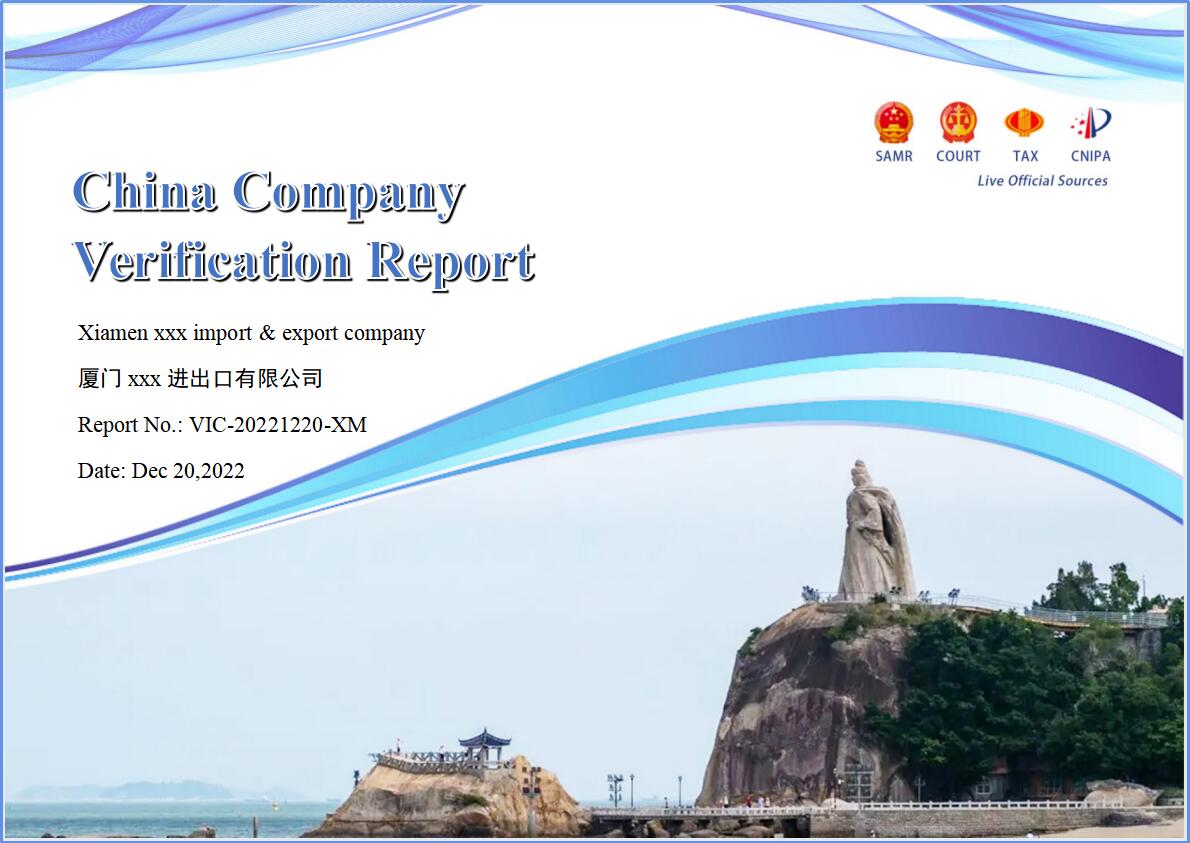The Uighur pronunciation of Wushi is "Wushi Turpan". The free translation is three Turfan. If it means the land is rich, the free translation is appropriate. However, according to the Tongwen Annals of the Western Regions, "the Hui language Wushi is Wuchi, and the name of the mountain is prominent, so the city is located on the mountain", which is consistent with the historical place names since the Song and Yuan Dynasties. The "Turpan" in the later part of Uighur pronunciation may be related to the immigrants from Turpan in the Qing Dynasty. First of all, Wushi is a Turkic language, meaning "the top of things". It is named after Wuchi Mountain in the territory.
Wushi County is located in the western Aksu region of Xinjiang, the northwest edge of the Tarim Basin, the southern foot of the southern vein of the Tianshan Mountains, and the upper reaches of the Toshkan River. Its geographical coordinates are 78 ° 23 ′ 41 ″ E to 80 ° 01 ′ 09 ″ E, and 40 ° 43 ′ 08 ″ N to 41 ° 51 ′ 12 ″. Wushi County borders Wensu County and Aksu City in the east, Ahqi County in the west, Keping County in the south, and Kyrgyz Republic in the north.
The administrative area of Wushi County is 9082 square kilometers. In 2019, Wushi County has a registered residence population of 232652, governing 3 towns and 6 townships. In 2019, the regional GDP of Wushi County was 3609.22 million yuan, the added value of the primary industry was 1103.61 million yuan, the added value of the secondary industry was 588.88 million yuan, the general public budget income was 181.38 million yuan, and the general public budget expenditure was 382.51 million yuan.
Wushi County is known as "the ecological pearl of western China", and enjoys the reputation of "half city mountain and half city spring" and "the south of the Yangtze River beyond the Great Wall". It has many tourist attractions, such as Mahmud Lake, Liushuquan, Bell and Drum Tower.
Minimize the Risk and Scam
Within 2 Working Day
$ 135 USD
